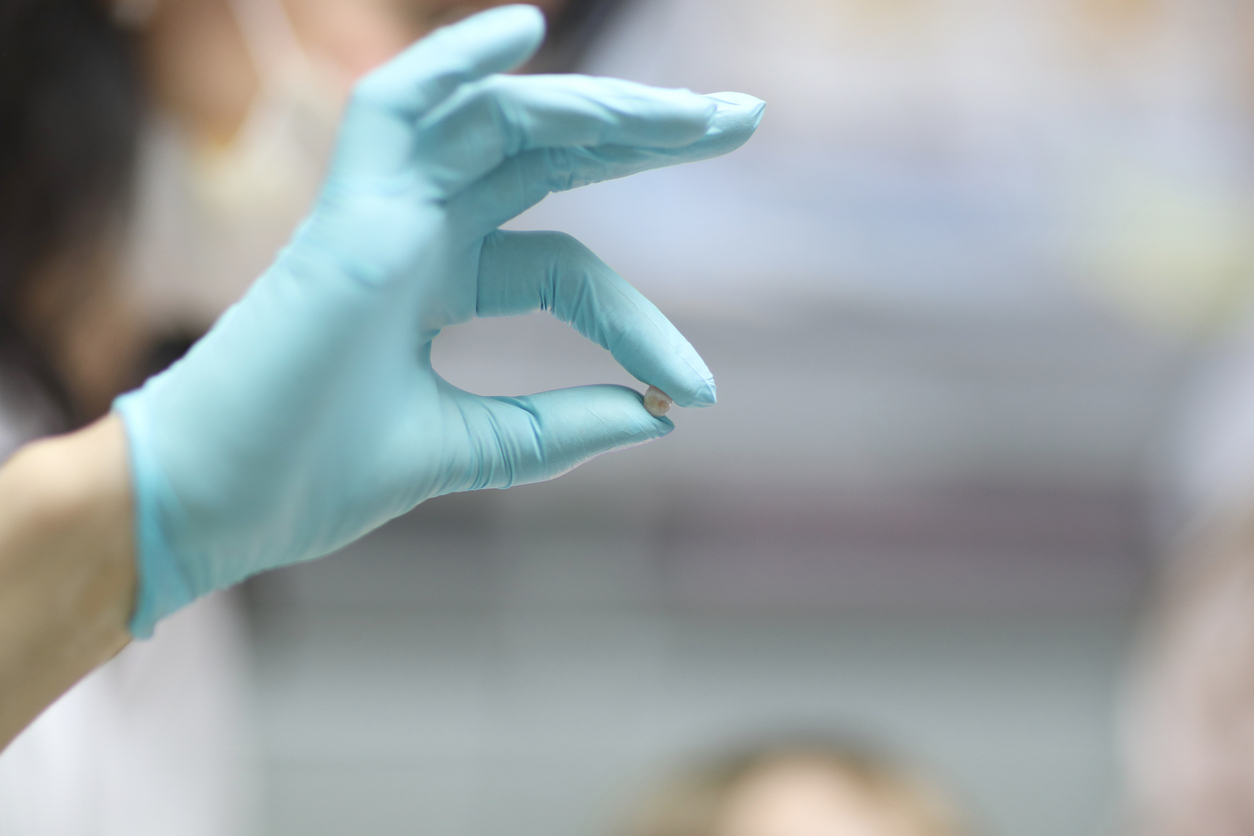
There are several things that could cause you to need to have a tooth extracted.
- A decayed tooth
- Gum disease
- A tooth that is broken beyond repair
- Preperation for an orthodontic treatment
- Preperation for dentures
- Preperation for implants
Be sure to discuss any removal options with your dentist.
A full mouth extraction could be necessary for patients getting dentures. This normally happens in the case of teeth that have decayed or have a disease that can not be repaired.
The Process
We will begin with numbing the tooth that will be removed and the surrounding bone and gums with local anesthesia. You might feel some pressure during the process but you should not feel any pain. Your tooth may be cut into parts to make the removal easier.
Post Procedural Care
Keeping your mouth and teeth healthy after removal is very important. You must let blood clots to form so that the bleeding will stop. You will do this by biting down on a gauze until you stop bleeding. It is important that you don't disturb the clot. Please avoid the following for the at least 3 days after your procedure.
- Using a straw
- Smoking and other tobacco products
- Alcohol
- Brushing the teeth around the removal area
- Aggressively rinsing your mouth
These activities could dislodge the clot and slow the healing process. There may be some pain and swelling at the beginning of the healing process. Using an ice pack against the side of your face where the removed tooth was can help. Take the medicine we have prescribed and for the first day eat only soft food and until you feel comfortable moving to normal food after. Make sure to drink lots of water and after the first day, you can continue your normal dental health routine. After a few days you should be able to go back to normal activities but if you are still experiencing bleeding and other pain please contact your dentist right away.